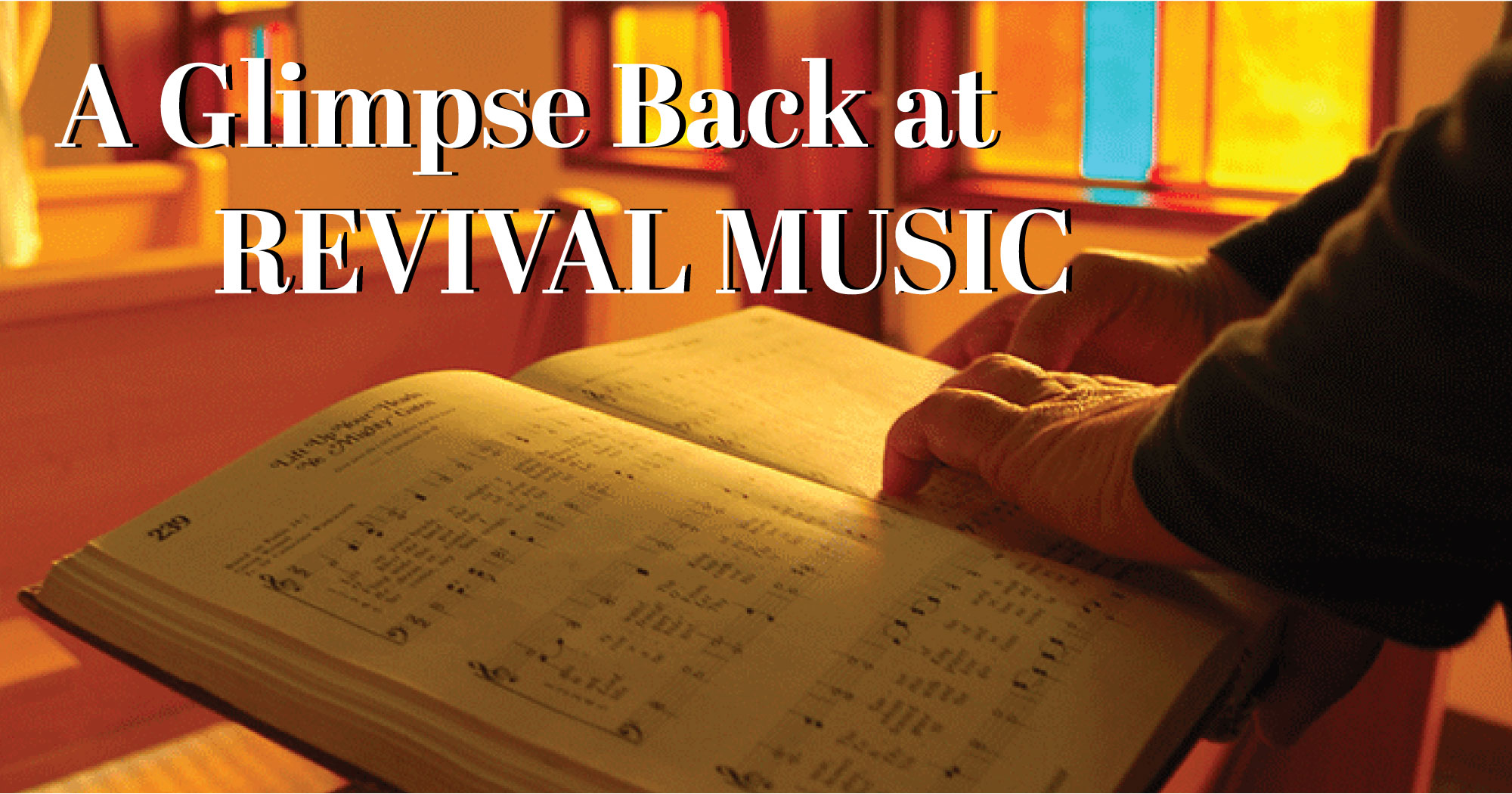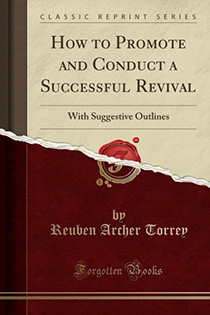A Glimpse Back at Revival Music

One of the most overlooked voices in America concerning revival was the evangelist R.A. Torrey. Mostly known for the volumes of books he wrote on prayer and the Holy Spirit, he also holds a place in history as a worldwide evangelist. Following in the footsteps of D.L. Moody and Ira Sankey, Torrey stepped out in the early 1900’s holding revival meetings on six different continents. He chose Charles Alexander, a gifted singer, as his song leader and together they saw millions come to Christ. Torrey gave us valuable insight into the philosophy of the day concerning the kind of music used in these evangelistic services. Let’s look deeper into his life and also see an excerpt concerning revival music.
Torrey’s Background
Torry lived during the 19th and 20th centuries. Born in Hoboken, New Jersey, he later served as a pastor, writer, and teacher. People recognize Torrey for his powerful sermons and his work in spreading the Gospel of Jesus Christ.
Torrey graduated from Yale in 1875 with a degree in Arts and Sciences. He later decided to pursue a Bible college education and enrolled in Yale Divinity School. It was during his time there that he became deeply committed to Christianity and made the decision to become an evangelist.
After working for years with Moody, Torrey went on to pastor a number of churches before becoming the Dean of The Bible Institute of Los Angeles in 1912. He was instrumental in transforming the Bible Institute into one of the most respected Bible colleges in the country. It was under Torrey’s leadership that the school grew significantly with the addition of new programs, facilities, and students.

Torrey’s legacy also includes his many books which are still popular today. He wrote several books on topics such as prayer and the Holy Spirit, as well as numerous commentaries on books of the Bible. He wrote with clarity and showed a great understanding of Scripture.
One of Torrey’s books, How To Promote and Conduct a Successful Revival, shows us his thoughts on the topic of revival music, and they give us a glimpse of the kind of music that accompanied the greatest revivals this world has ever seen.
Torrey penned this excerpt in 1901 and showed his thoughts on the type of music used in services.
Chose Revival Songs That Reach the Heart
“If you have singing that reaches the heart, it will fill the church every time… Music and song have not only accompanied all scriptural revivals but are essential in deepening the spiritual life. Singing does at least as much as preaching to impress the Word of God upon people’s minds. Ever since God first called me, the importance of praise expressed in
Chose Revival Songs That Are Scripturally Based
“There are two extremes that should be avoided in choosing music for evangelistic meetings: first, the frivolous light songs, and, secondly, the too staid and grave ones. There is a place for sentimental songs in evangelistic meetings. By this, we mean songs with a good religious flavor, on topics calling to mind home and dear ones, for through these songs the emotions are stirred, and men are frequently made to think and finally repent. Of course, these songs must be of a high order, and judiciously used.
In short, what is needed in a revival or evangelistic meetings are hymns that contain a message for the sinner, founded on the Word of God, worshipful hymns for believers, and hymns of thanksgiving and praise, written by men and women whose hearts are aglow with the love of God, presented by a leader who is a musician anointed by the Holy Ghost for such a service. When these conditions are obtained, the music in evangelistic meetings will be a mighty power, and no one will doubt that it has the approval of Almighty God.”
Chose People That Minister Not Entertain
“When a soloist sings, he should do it with the definite purpose of leading someone to Christ as the preacher has when he preaches. He is not there to entertain people but to save people, and he needs the power of the Holy Spirit for this work just as much as the one who preaches the Word. The same is true of the choir. They should be trained to realize that the salvation of some in the audience hangs upon the way they sing and the way in which they conduct themselves. Both the soloist and the choir should come to the meeting after very much and very definite prayer to God for His
Torry, R.A. How To Promote and Conduct a Successful Revival; Old Tappan, NJ: Revell, 1901
As we choose music in our churches today, we can reflect on the past and remember Torrey’s thoughts regarding revival music. The music leader must choose songs that stir sinners to salvation, encourage believers in their daily walk, and bring praise to the Lord. The way in which a soloist portrays himself is important as well. His voice should represent his desire for sinners to come to repentance. Torrey has inspired countless people through his words and ministry. The Christian community remembers him for his passionate defense of the Christian faith and his commitment to spreading the Gospel to as many people as possible. His work as an evangelist and writer continues to inspire people today making him a true hero in the Christian community.
 Larry Robbins
Larry Robbins
May 8, 2023, 12:26 amGood common sense principles that are as valid today as when Torrey penned them.